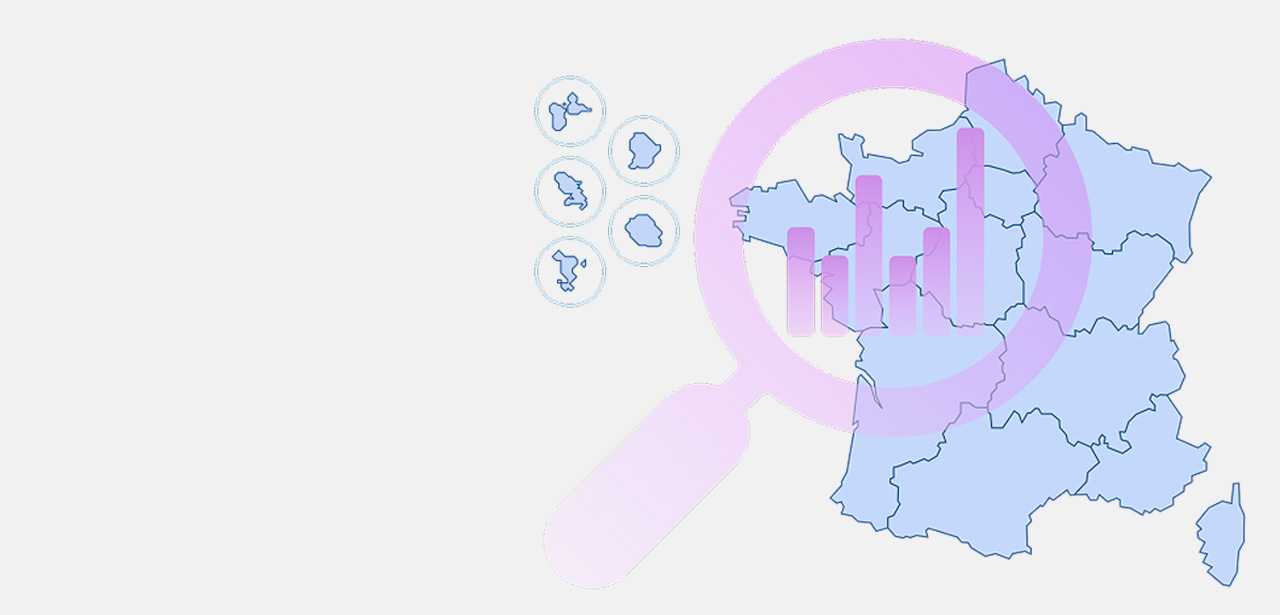Background & Aims: in Europe, hepatitis C virus (HCV) screening still targets people at high risk of infection. We aim to determine the cost-effectiveness of expanded HCV screening in France. Methods: a Markov model simulated chronic hepatitis C (CHC) prevalence, incidence of events, quality-adjusted life years (QALYs), costs and incremental cost-effectiveness ratio (ICER) in the French general population, aged 18 to 80 years, undiagnosed for CHC for different strategies: S1 = current strategy targeting the at risk population; S2 = S1 and all men between 18 and 59 years; S3 = S1 and all individuals between 40 and 59 years; S4 = S1 and all individuals between 40 and 80 years; S5 = all individuals between 18 and 80 years (universal screening). Once CHC was diagnosed, treatment was initiated either to patients with fibrosis stage ≥F2 or regardless of fibrosis. Data were extracted from published literature, a national prevalence survey, and a previously published mathematical model. ICER were interpreted based on one or three times French GDP per capita (€32,800). Results: universal screening led to the lowest prevalence of CHC and incidence of events, regardless of treatment initiation. When considering treatment initiation to patients with fibrosis ≥F2, targeting all people aged 40-80 was the only cost-effective strategy at both thresholds (€26,100/QALY). When we considered treatment for all, although universal screening of all individuals aged 18-80 is associated with the highest costs, it is more effective than targeting all people aged 40-80, and cost-effective at both thresholds (€31,100/QALY). Conclusions: in France, universal screening is the most effective screening strategy for HCV. Universal screening is cost-effective when treatment is initiated regardless of fibrosis stage. From an individual and especially from a societal perspective of HCV eradication, this strategy should be implemented. Lay summary: in the context of highly effective and well tolerated therapies for hepatitis C virus that are now recommended for all patients, a reassessment of hepatitis C screening strategies is needed. An effectiveness and cost-effectiveness study of different strategies targeting either the at-risk population, specific ages or all individuals was performed. In France, universal screening is the most effective strategy and is cost-effective when treatment is initiated regardless of fibrosis stage. From an individual and especially from a societal perspective of hepatitis C virus eradication, this strategy should be implemented.
Auteur : Deuffic-Burban Sylvie, Huneau Alexandre, Verleene Adeline, Brouard Cécile, Pillonel Josiane, Le Strat Yann, Cossais Sabrina, Roudot-Thoraval Françoise, Canva Valérie, Mathurin Philippe, Dhumeaux Daniel, Yazdanpanah Yazdan
Journal of Hepatology, 2018, vol. 69, n°. 4, p. 785-792


